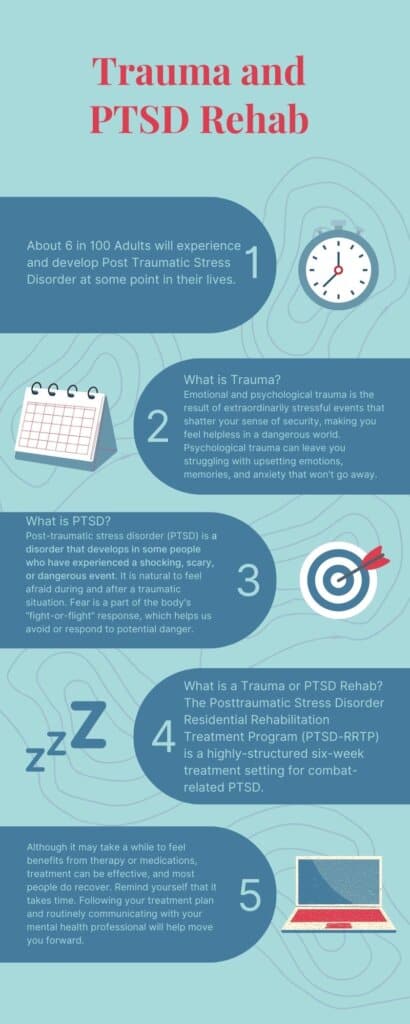Beyond Talk Therapy: EMDR and CBT in Trauma Rehab Programs, Massachusetts
Welcome to a deeper exploration of trauma and PTSD rehab programs in Massachusetts that go beyond traditional talk therapy. Innovative approaches like EMDR and CBT have become integral components of trauma recovery programs in Massachusetts.
Join us as we navigate through the transformative potential of EMDR and CBT within trauma rehab programs. In addition, we will shed light on how these evidence-based therapies are reshaping the path to healing in mental health rehab in Massachusetts.
Unveiling the Power of EMDR
Eye Movement Desensitization and Reprocessing (EMDR) stands out as a groundbreaking therapy within trauma rehabilitation programs. By engaging individuals in guided eye movements, EMDR facilitates the reprocessing of distressing memories, helping to alleviate the traumatic symptoms.
EMDR serves as a dynamic tool for therapists to assist individuals in managing the deep-seated emotions associated with traumatic events. You can learn more about the EMDR outpatient program here.
Restructure Thought Patterns Through CBT
Cognitive-behavioral therapy is a cornerstone in mental health treatment and is significant for trauma rehabilitation. Moreover, it empowers individuals to identify and modify maladaptive thought patterns that contribute to trauma-related distress.
In the context of trauma rehab programs in Massachusetts, CBT serves as a versatile and widely utilized therapeutic approach. From addressing negative thought cycles to building effective coping mechanisms, CBT equips individuals with practical tools for managing the aftermath of trauma.
Summary: Advantages Offered By Both
EMDR | CBT |
Focuses on reprocessing distressing memories and reducing the emotional charge. | Addresses maladaptive thought patterns and behaviors directly. |
Particularly effective for trauma-related disorders. | Applicable to a wide range of mental health conditions beyond trauma. |
Facilitates the development of adaptive coping mechanisms. | Enable individuals with coping abilities and problem-solving skills. |
Involves guided eye movements or bilateral stimulation. | Addresses the interconnection between thoughts, feelings, and behaviors. |

Final Words
In conclusion, this blog seeks to provide a comprehensive exploration of the role of EMDR and CBT in trauma and PTSD rehab programs in Massachusetts. According to a meta-study, EMDR has shown more effectiveness against trauma-related disorders than CBT.
Hence, by understanding the mechanics and applications of these therapies, individuals can make informed decisions about their own paths to healing.

